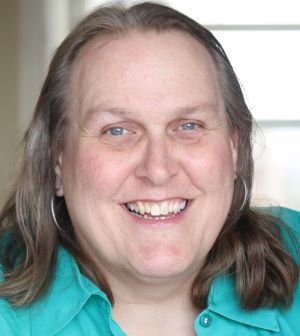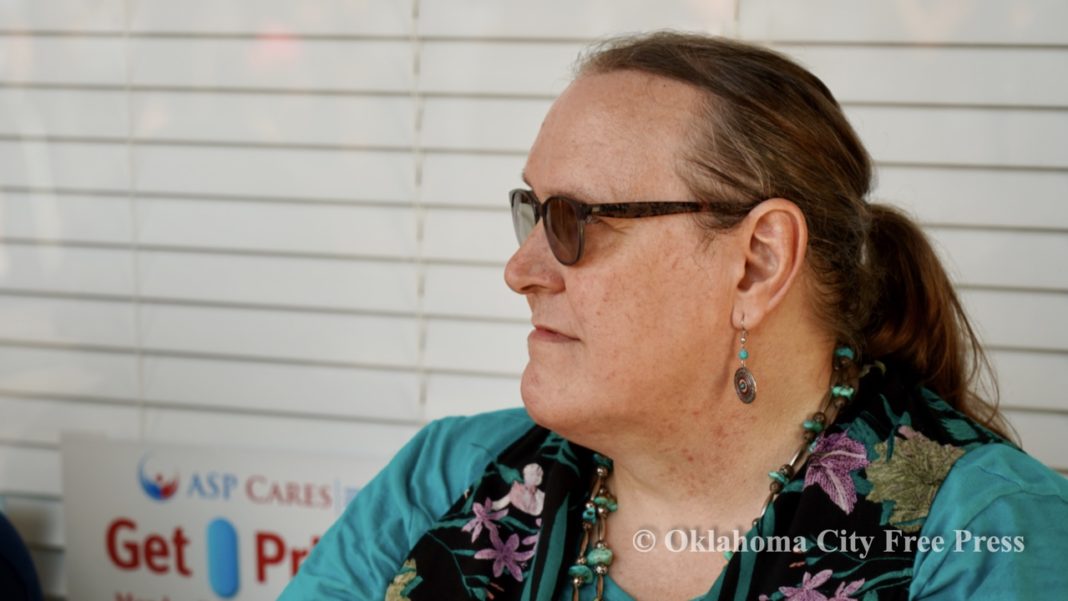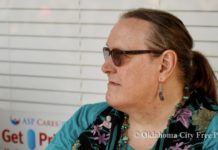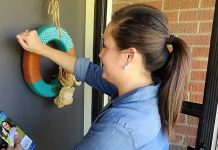Last Updated on January 5, 2024, 12:56 AM | Published: August 6, 2021
Paula Sophia Schonauer, LCSW, continues a serial memoir. If you haven’t read the earlier parts of this series, look at the bottom of this page.
Whose cruel idea was it for the word “lisp” to have an “s” in it?
— Steven Wright
I left the hospital at the end of May, only a week and a half before the last day of school. On the day of my return, my classmates greeted me with enthusiasm, a nice feeling but also strange. Even Michael was friendly, Marty too, careful to show respect while restraining animosity, like children behave when scolded for bullying their younger siblings.
It seemed I had been labeled as needing Christian charity, an awkward designation, a subtle inversion of altruism that gives benefactors a sense of goodwill while their attitudes convey condescension. As nice as it was to be welcomed back to school, it wasn’t total acceptance, just tolerance.
It wasn’t like any of my classmates were going to invite me over for swim parties during the summer, no sleepovers, no picnics. They exercised their generosity by abiding my presence among them. Maybe that was better than being bullied and ridiculed, but it was still lonely.
At the end of the week, a well-dressed woman came to the classroom and summoned me to go with her. She carried a large satchel with a strap hanging from her right shoulder, and she led me to the school library where we sat at a corner table for privacy. She opened her bag to acquire a large book full of pictures. When she opened the book, I was startled to see rows of mouths, showing the lips, teeth, and tongue in various stages of pronouncing vowels and consonants.
“My name is Mrs. Huber,” she said, her voice pleasant, enunciating her words with precision. She wore glasses, and her hair spilled down around her cheeks, a little disheveled but appropriate. “I am a speech pathologist.”
“What’s that?”
I suddenly developed a feeling of dread that I had been marked a slow learner, that I might be held back in fourth grade because I had missed too much school. Another year of Miss Miller, I didn’t know if I could handle it.

“I help people speak better,” Mrs. Huber explained.
“But I can talk, and I can read really good.”
“Really well…”
“I can read really well.”
She pulled out a stack of cards and asked me to identify the objects in the pictures. Curiously, all the items, some of them animals, started with the letter S: spoon, spider, snake, soap, snail.
“Very good.”
She brought out a mirror and had me look at my mouth while I sounded out another assortment of S-words. I didn’t see anything of note, nor did I hear anything wrong in my pronunciations. However, Mrs. Huber showed a picture of a mouth.
“Do you see how the tongue is behind the teeth?”
I nodded.
“Now, watch where your tongue is when you pronounce the letter S.”
I noticed my tongue poking through my teeth when I said more S-words. Mrs. Huber repeated the words I had said, demonstrating the proper sound, noting that her tongue did not protrude from behind her teeth.
“Why do I have to do this?”
Mrs. Huber leaned forward. “You have a lisp.”
“What’s that?”
“A problem pronouncing Ss.”
Mrs. Huber went on to explain that a lisp does not make a sharp hiss for the letter S, that it sounds soft and slushy, timid and wet.
“People who lisp tend to spit their Ss rather than pronounce them. It causes a distraction and makes people take you less seriously.”
After school that day, I was in the kitchen arguing with Mom about speech lessons. I had to see Mrs. Huber twice a week. She was nice. I had no problem with her, but I didn’t want to go to summer school. I wanted to be free of that place, the oppressive conformity, the condescending attitudes.
“You’re going to speech class,” Mom said on the edge of exasperation. She lit a cigarette and cradled her head in her hands, the cigarette coal singing a stray hair.
“But why?”
“Because I said so.”
So much of my life was “because I said so.” All kinds of requirements, all kinds of rules, none of them explained.
“I want to know why. That’s all. Why do I have to go to these stupid speech lessons?”
Mom sighed, giving up the argument, but I persisted, telling her I hated Redeemer Christian School, that I wanted to go to public school next school year.
Dad entered the kitchen, a forceful presence like a sudden wind changing the weather. He glared at me and explained the potential stigmatizing repercussions of a lisp in more crass terms than Mrs. Huber had used.
“You’re going to speech class so you can stop talking like a faggott.”
I hadn’t heard that word before, but I knew it was something terrible. Dad’s forcefulness rendered me silent.
“You like getting beat up? Then keep talking like you do.”
This was a sudden revelation to me. Why hadn’t anyone explained this before? Something so simple, pronouncing a letter, was that the source of all my problems?
“No son of mine is going to grow up queer.”
Now, I had heard the word queer plenty of times, and I suddenly comprehended the word Dad had used before. They were related. But honestly, I really did not understand what it meant to be queer, just that it was bad and that I had been called a sissy and queer in the same contexts.
“What happens if someone grows up queer?”
Dad looked at me, eyes wide, mouth churning like he wanted to spit. “It means you wouldn’t be a real man.”
This was a turning point for me. Dad wanted me to be a real man when I grew up, not just an adult. That meant I could not cry, that I could not be soft, that I had to be hard and strong and violent if need be. It also meant I would never win Dad’s love if I didn’t stop lisping.
The next time I saw Mrs. Huber, I paid close attention, working hard to pronounce my Ss correctly.
She seemed pleased at my effort and seriousness. It was the beginning, I think, of a developing self-consciousness that would occupy my thoughts every hour of every day.
Am I saying it right? Am I acting right? Do I look right? However, all these inquiries ignored an essential question I would not have the courage to ask for years to come: am I right?
Here are previous segments:
- Manhood, from the inside out — Memoir and Mythology
- Part 2 — Cubby Hole
- Part 3 — Magic Carpet Cocoons
- Part 4 — Snips and Snails and Puppy-Dogs’ Tails
- Part 5 — Mirror
- Part 6 – Deep Water
- Part 7 – Limbo
- Part 8 – Dissociation
- Part 9 – Shame
- Part 10 – Judgement Day
- Part 11 – Inferno
- Part 12 – Haunted
- Part 13 – Did I say that?
- Part 14 – The end times
- Part 15 – Alone again (naturally)
- Part 16 – Welcome to Grey Town
- Part 17 — Stigma
- Part 18 — Turning the other cheek
- Part 19 — Malingering
- Part 20 — Rorschach
- Part 21 – Soft hands
Guest Columnist Paula Sophia is a licensed clinical social worker in Oklahoma City and a former Oklahoma City Police Officer.







